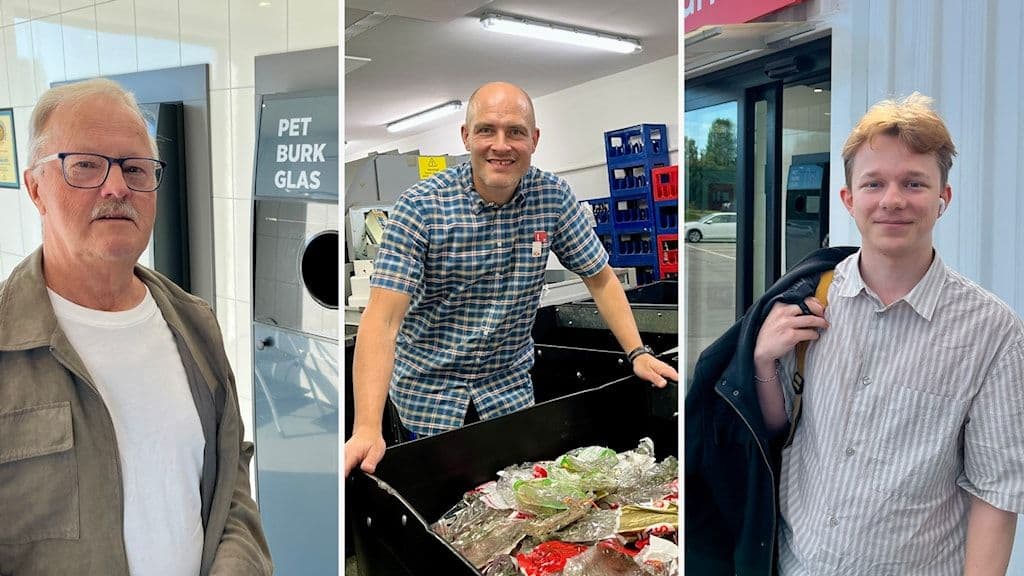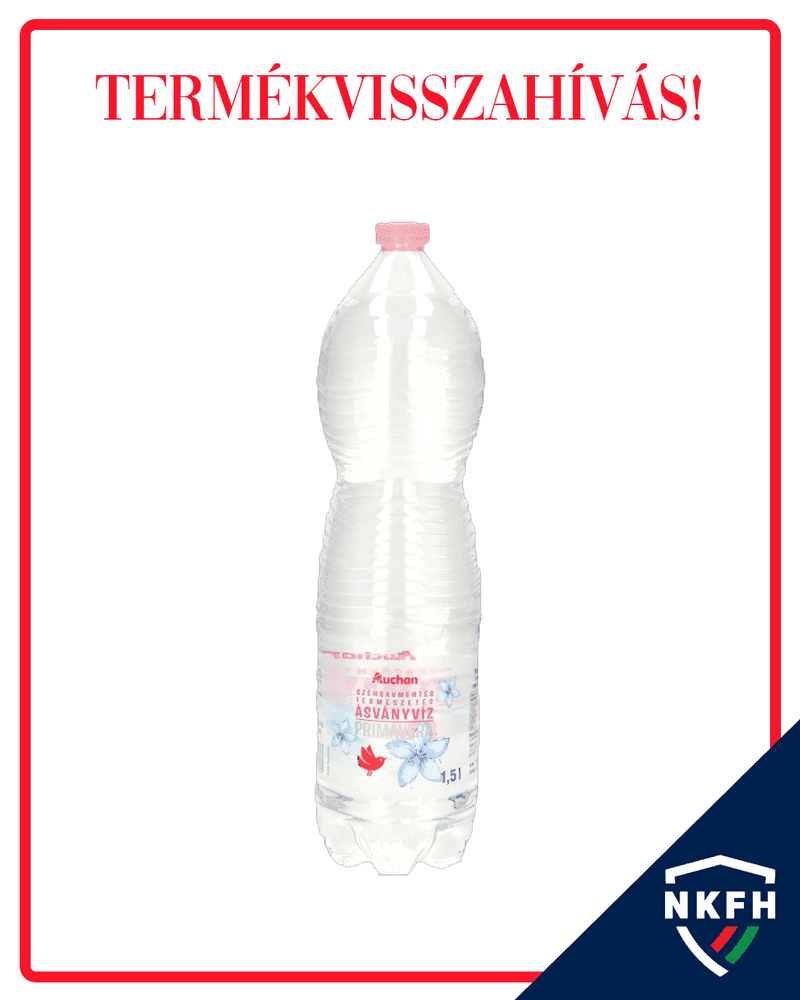The Subtle Rebellion: Rauch's Carton Iced Tea and Our Craving for Zero Friction
Uncover the subtle psychology behind Rauch's no-deposit iced tea cartons. How does this move reshape consumer choices and market dynamics in a new era?
A New Era of Sips: Unpacking Rauch's Carton Innovation
A curious phrase, "Ohne Pfand" (Without Deposit), now graces the new iced tea cartons from , the well-known Vorarlberg-based fruit juice producer. It reads almost like a welcome announcement, signaling a subtle but significant shift in their product strategy. Recently, Rauch began offering its popular iced tea in 0.5-liter cartons, presenting an alternative to the familiar . This move appears designed for consumers who simply don't want to bother with the process of returning deposit-laden bottles. While Rauch hasn't yet released figures on how these cartons are performing or if they're truly challenging the dominance of their PET counterparts, their very existence speaks volumes. It's an intriguing experiment in catering to a particular consumer mindset, even if the precise demand it serves remains somewhat uncharted territory for the company right now. This isn't just a new package; it's a statement about evolving consumer habits and, perhaps, a quiet rebellion against minor inconveniences.
Beyond the Bottle: The Psychology of 'No Deposit' Desire
Why would the absence of a deposit fee feel like such good news, almost a 'Frohbotschaft,' as the German source suggests? The answer lies deep within human psychology and our innate aversion to friction. Even seemingly trivial tasks, like rinsing a bottle, storing it, remembering to take it back to the store, and navigating a reverse vending machine, accumulate into a mental load. This isn't about the monetary value of the deposit itself; it’s about the time, effort, and cognitive energy expended. We live in an age where convenience is king, and any hurdle, no matter how small, can deter a purchase or create a sense of annoyance. For many, the idea of 'not having to deal with the deposit' translates directly into a feeling of liberation, a small victory against the growing complexity of daily life. It’s a preference for seamlessness, an unspoken demand for products that fit effortlessly into our busy routines, freeing us from even the most minor 'out of comfort zone' obligations.
Market Maneuvers: Rauch's Strategic Bet on Frictionless Consumption
introduction of the 'no-deposit' carton isn't just a simple product diversification; it's a shrewd strategic bet on the power of frictionless consumption. While the company notes it's too early to assess the cartons' market penetration or direct competition with , this move positions Rauch as an innovator attuned to unarticulated consumer desires. In a market increasingly crowded and regulated, offering an 'alternative for those who don't want to deal with deposits' is a clear attempt to carve out a niche. It targets consumers who prioritize immediate gratification and convenience over the long-term, potentially environmentally conscious, implications of deposit systems. This isn't merely a response to new regulations but an offensive play, aiming to capture a segment of the market that values ease above all else, potentially swaying purchasing decisions even if the underlying demand isn't yet fully quantified or understood by the brand itself.
The Packaging Paradox: Cartons, Convenience, and Conscious Choices
This strategic pivot towards cartons unveils a fascinating paradox at the heart of modern consumerism. On one hand, consumers crave the ultimate convenience no-deposit cartons offer. On the other, there's a growing global emphasis on sustainability, recycling, and circular economies, often championed by deposit systems designed to boost recycling rates for materials like . Are cartons inherently more environmentally friendly than a highly efficient PET bottle return system? The answer is complex and often depends on local recycling infrastructure, material sourcing, and energy consumption throughout the product lifecycle. Rauch's move forces a re-evaluation of what 'conscious choice' means to the average shopper. Does the immediate convenience of discarding a carton outweigh the perceived hassle, yet often higher recycling rates, of returning a bottle? This tension between personal ease and broader environmental responsibility defines a significant challenge for brands navigating the evolving landscape of consumer values.
What's Next: The Future of Consumer Goods in a Regulation-Heavy World
experiment with 'no-deposit' cartons offers a glimpse into the future trajectory of consumer goods, particularly as new regulations around packaging and waste continue to emerge. Will other brands follow suit, seeking their own 'frictionless' solutions to circumvent deposit schemes, or will they double down on innovative return systems? The industry faces a constant tightrope walk: balancing profitability with increasing environmental mandates, all while trying to satisfy the fickle desires of consumers. We might see a proliferation of diverse packaging solutions, each vying for a specific segment of the market – some prioritizing ultra-convenience, others emphasizing maximal recyclability or reusability. Ultimately, success will hinge on which brands can best anticipate and adapt to this complex interplay of convenience, cost, and conscience, shaping not just what we buy, but how we interact with our purchases long after the last sip.
Related Articles

The Unseen Fortune: How Sweden's Elevated Deposit System Turns Everyday Waste into Green Gold

The Unseen Fortune: How Sweden's Elevated Deposit System Turns Everyday Waste into Green Gold

Beyond the Label: Unpacking the Auchan Water Recall and the Price of Trust

Beyond the Label: Unpacking the Auchan Water Recall and the Price of Trust

Sip by Sip: Unpacking Macu Tea's Recipe for Reigning Supreme in Taiwan's Bubble Tea Culture

Sip by Sip: Unpacking Macu Tea's Recipe for Reigning Supreme in Taiwan's Bubble Tea Culture

Decoding the Data Diet: Nestlé's Growth Pains and the Pursuit of a Palate-Pleasing Portfolio
